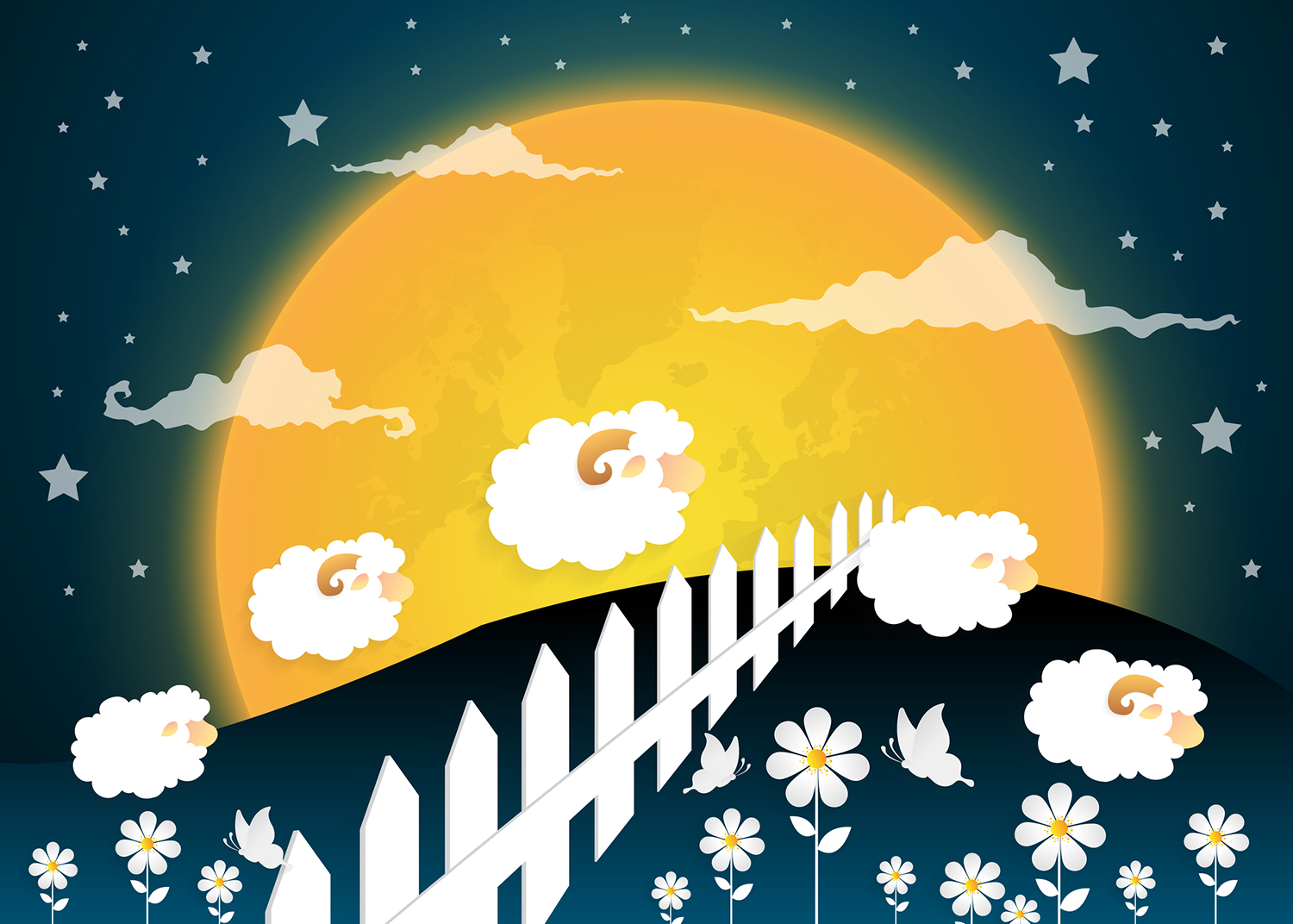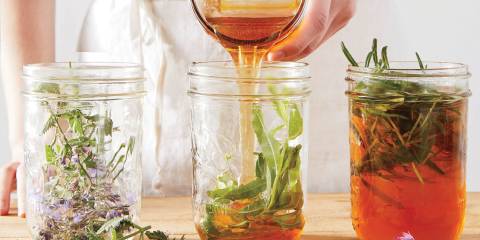Besides creating a comfortable, peaceful bedroom, there are many ways to help induce sleep, starting with diet and daily habits. Preparing for a good night’s sleep should begin at mealtime, especially as it gets closer to bedtime.
There are several foods that help create a calming effect on the brain and body. Here are some practical and easy tips for a restful night.
Rituals to Help Sleep Better
Creating a smarter nighttime routine is one secret to waking up well-rested. What you do in the evening impacts how you sleep.
-
Exercise at the Right Time
Among its many benefits, such as weight management, stress reduction, and disease prevention, exercise is important to sleep. Without daily exercise, you can find yourself out of balance.
Even what time you exercise has an impact.
- When you exercise in the morning or early afternoon, you may fall asleep quicker.
- When you exercise within an hour of your bedtime, your body becomes overstimulated, which can lead to insomnia.
You may find you rest more soundly if you stick to a morning routine.
-
Be Consistent
Our body’s internal clock (the circadian rhythm) becomes stabilized with consistent bed and wake-up times. Give it a try for a least 21 days, and you’ll start feeling more rested. If you have suffered from a week of poor sleep, try catching up on the weekends. A recent study of more than 90,000 adults found that those who got the most catch-up sleep each weekend cut their risk of heart disease by as much as 20 percent.
-
Avoid Electronics and Screen Time
Power off electronics, especially the phone, at least an hour before you want to go to sleep. This helps calm the mind and reduces eyestrain from staring at the screen.
-
Set the Right Temperature
Many people find the perfect temperature is somewhere between 60 and 68 degrees, neither too hot or too cold.
Foods for Better Sleep
Certain foods may help induce sleep. Many of them increase the hormone melatonin that our bodies produce. Some people produce less melatonin than others, so it may be helpful to include these foods in your evening meal or snack.
-
Tart Cherry Juice
A morning and evening ritual of drinking tart cherry juice may improve sleep. Researchers from Louisiana State University found that drinking the juice of Montmorency tart cherries twice a day for two weeks helped increase sleep time by nearly 90 minutes among older adults with insomnia.
-
Pistachio Nuts
Besides being a powerhouse of heart-healthy fats, protein, and fiber, pistachios also contain a significant amount of vitamin B6, which can help induce sleepiness. According to the Alaska Sleep Clinic, a deficiency in B6 has been linked with lowered serotonin levels and poor sleep. Deficiencies in B6 show symptoms of depression and mood disorders, which can also lead to insomnia.
-
Bananas
Bananas contain magnesium and potassium, which are natural muscle relaxers.
-
Chamomile Tea
Chamomile is a soothing herbal tea that naturally lacks caffeine. Try a hot cup before bed.
-
Kiwis
These fruits contain a significant amount of serotonin. Researchers found eating kiwi daily improved both the quality and quantity of sleep.
No Caffeine After 2
Avoid coffee, tea, and sodas in the afternoon. These drinks can cause restlessness at night. Also avoid foods that contain hidden caffeine, including chocolate, protein bars, vitamin waters, and even decaf coffee.

